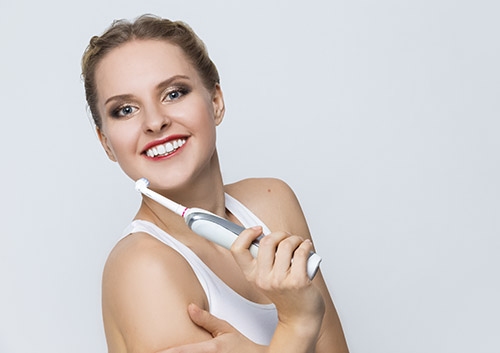Dental Visits Are Not So Bad
March 27th, 2024

Many people dread going to the dentist. Dental visits have the reputation of being painful and uncomfortable, and it is common for people to compare unfortunate situations such as having a root canal or feeling the dentist’s drill. However, at hartstone dental, dental visits are not that bad.
Your regular cleaning and checkup are noninvasive. They require no drilling, Novocain, or needles, and you go home with refreshingly clean teeth. When your hygienist cleans your teeth, you are literally receiving individualized care from a professional as you sit back and relax.
In the days before the use of Novocain or other anesthetics, dental work could be painful. Thankfully, those days are gone! Now you are unlikely to feel a thing, even during the most extensive procedures. In addition, most dental work such as fillings, root canals, and crowns can be performed in one to two visits, so you do not need to keep returning to hartstone dental.
An incentive for getting over your fear and coming to the dentist is that getting your dental work done can dramatically improve your quality of life. Dr. Joel Hartjes and Dr. Jon Szewczyk can address tooth problems that have caused toothaches or prevented you from eating the foods you like. As a bonus, regular visits with Dr. Joel Hartjes and Dr. Jon Szewczyk and our staff allow us to identify conditions such as periodontal disease, which can indicate risk for seemingly unrelated health conditions, such as heart disease and diabetes.


